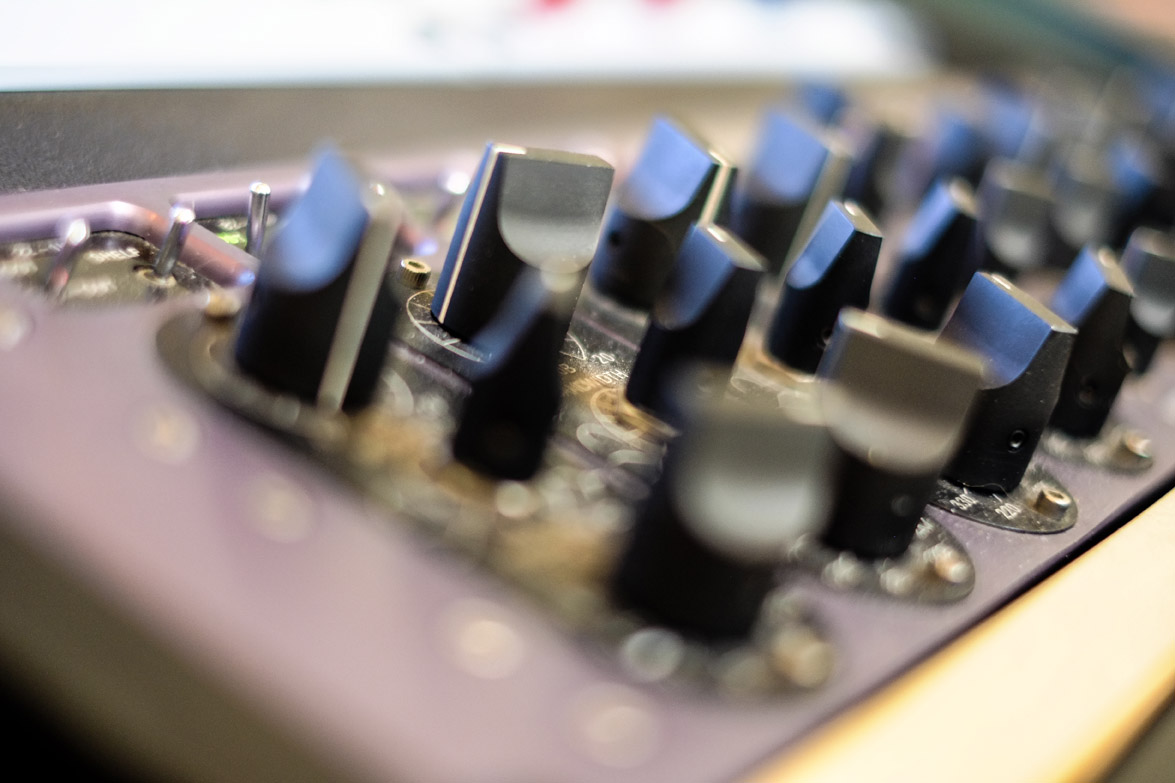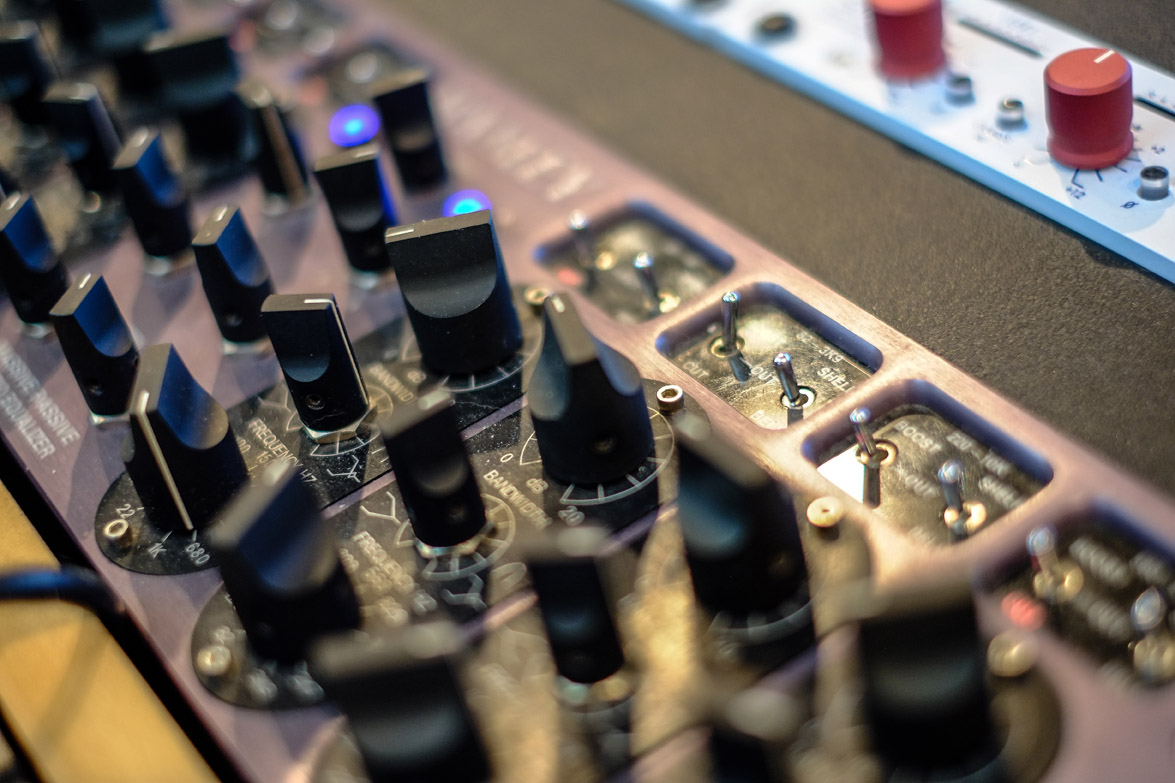Mix Preparation
Please keep the following points in mind while preparing your final mixes for mastering.
HEADROOM
Do your best to leave an ample amount of headroom on your final mix. Avoid normalizing or adding a compressor or limiter to your mix just for the sake of loudness. The mastering process is a much better time to address final track volume, and I won't be able to do much to a track that has no headroom left to work with. I recommend leaving a minimum of 3db of headroom, but preferably 6db or more.
BITS AND RATES
If possible, work and mix down at 24 bit. Send files in whatever native sampling rate you worked on them at. I can work with all rates here and it's better to leave the conversion to the mastering stage.
MASTERING IS NOT MAGIC
The mastering process cannot turn a terrible mix into a golden one. Do your best to get your mix sounding as nice as possible to allow the mastering process to bring out the best in it. A mix that has been over-compressed or volume maximized to ridiculousness can rarely be rescued and often in these situations mastering can do more harm than good. There are circumstances where I recommend to the client that we leave tracks alone.
PLANNING A VINYL RELEASE?
Here's a nice article about some very important Do's and Dont’s when mixing for vinyl.
DOUBLE CHECK
Listen to your mixes carefully before delivering them for mastering. Any flaws in the master recordings or glitches on bounce-downs may be taken as part of the song. Pay close attention to overloads and digital clipping. If I notice anything that seems out of place I will let you know, but it is better to make sure your mix is correct before sending it. Mastering of new mixes as a result of an error on your end results in additional charges, so listen carefully!
NOTES
While we will discuss this during our initial communications, it is a good idea to prepare notes that may prove helpful during mastering. For example: "Please keep the hiss/noise on Track #4" or "I was having trouble controlling the bass in Track #6 – can you pay attention to that?" Additionally, information about fade-ins or fade-outs that are needed should be included. Because I work with a lot of experimental styles, I am used to the idea that one person's error can be another's composition element.










